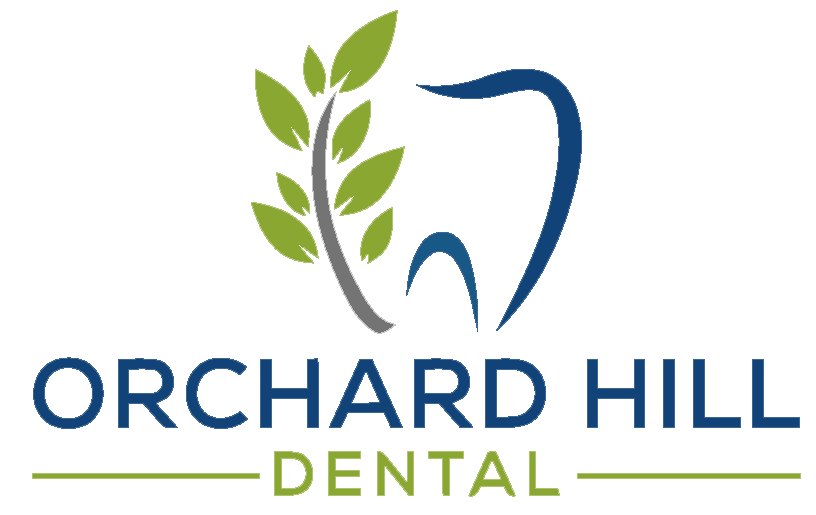While gum disease is a common dental issue, it can have serious side effects on your oral health. Gum disease is an infection of the soft tissues of the gums. Typically, gum disease begins with irritation caused by plaque. Plaque is a form of harmful bacteria that can wreak havoc on your oral health. Without proper brushing, plaque can build, eventually causing infection.
If left untreated, gum disease can cause serious damage to your teeth and gums and even lead to tooth loss. Fortunately, there are many things you can do every day to prevent gum disease and keep your mouth healthy.

Brush and Floss Regularly
Brushing and flossing are the most effective ways to prevent gum disease. You should brush your teeth at least twice a day and floss at least once a day. Brushing removes plaque and bacteria from the surfaces of your teeth, while flossing removes plaque and bacteria from between your teeth and along the gumline.
Use Mouthwash
Mouthwash can help kill bacteria in your mouth and freshen your breath. It is also a good way to reach areas of your mouth that are difficult to brush or floss. Even if you have a solid brushing and flossing routine, it is possible to miss spots of plaque. Unfortunately, this could lead to issues like tooth decay or gum disease. Using mouthwash can help remove harmful bacteria left behind from your toothbrush.
Eat a Healthy Diet
Eating a healthy diet can help prevent gum disease. Foods that are high in sugar and carbohydrates can contribute to the growth of bacteria in your mouth. In contrast, foods that are high in fiber can help stimulate saliva production, which can help wash away bacteria and food particles. Eating a diet rich in fruits and vegetables can also provide essential vitamins and minerals important for gum health.
Quit Smoking
Smoking is a major risk factor for gum disease. It can also reduce blood flow to your gums, making it more difficult for your body to fight off infections. If you smoke, quitting is one of the best things you can do for your overall and dental health.
Visit Your Dentist Regularly
Regular dental check-ups are essential for maintaining good oral health. Your dentist can check for signs of gum disease and provide treatment as soon as possible. When you visit your dentist regularly, they can catch dental problems before they become serious.
For example, your dentist may catch mild inflammation that could indicate the beginning signs of gum disease. Additionally, they could notice that your brushing habits are more detrimental to your enamel. This could happen if you brush your teeth too hard. As a result, your regular dental appointments are essential to your oral health.
